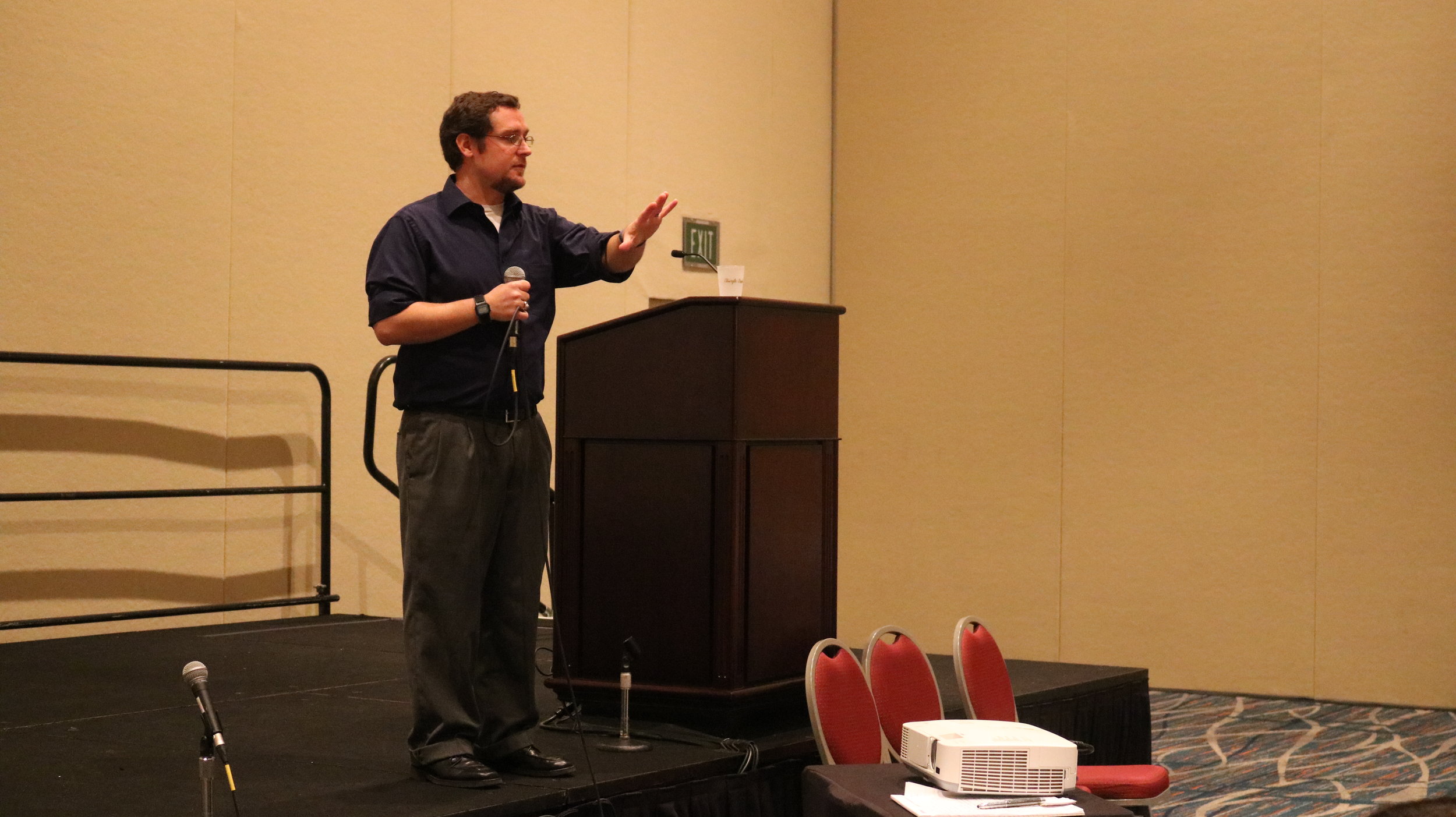Real Life Leading 62:
Choose to Believe the Best in Blended Families
We’ve all had situations in which we’ve been misunderstood: you say one thing, but the message somehow got lost, and the reaction you got was not at all what you expected or intended. This is true in traditional nuclear families, it’s true in friendships and dating relationships, and it’s exceedingly true in blended families. The reason is because so much of our communication is non-verbal. In fact, according to Dr. Albert Mehrabian, author of Silent Messages, only 7% of what we communicate comes through the actual words we use. Now, even if his number is low and the actual percentage of verbal communication is 5x that high, that still means that only about a third of what we communicate comes through our words.
Why is this important in blended families (and other relationships)? Because once we’re aware of it, we can do something that is extremely important and powerful:
Whenever there is doubt about the message being communicated, we can choose to believe the best possible interpretation of the message.
Speaking at the NHSA Conference about Blended Family Life was a great honor!
Don’t miss the import here: we can choose to believe in the best interpretation of the words. That means we have tremendous control over how we interpret messages, and thus how we respond to them. We don’t have to get offended or angry. We don’t have to assume the other party is trying to hurt us or make us upset.
Think of the last time you had a misunderstanding: how long did it take to clear it up, and how much extra effort was it? Now, imagine how differently that might have gone if each party had shown grace and understanding, choosing to believe the best. How might that look?
One suggestion to clear up miscommunications would be to simply ask (in a kind tone of voice) for clarification. Another would be to say something like, “I’m not sure I’m entirely following, and I want to make sure I understand you correctly.” However you phrase it, show that your intent is to receive the message as it was intended, giving the other person a chance to clear up any misunderstandings.
Will this always clear up every communication issue? Of course not. But, if you make it a habit to choose to believe the best, I can guarantee one thing: you will feel better about your interactions. I can also almost (though not 100%) guarantee one other thing: over the long-term, this will pay dividends in your relationship with the other adults involved. When they see you consistently showing them grace, trying to understand, and looking to be helpful instead of hurtful, they are more likely to respond in kind. Perhaps not immediately, but eventually. Remember, though, that the point is not to change them; the point is to change yourself. Whether the other party ever does respond well or not, you’ll find that you will be more patient, kinder, and more willing to think positively about others. This is the goal.
Also, ask yourself this question, which takes us back to the Golden Rule of our childhood: how would you want them to respond to you? Don’t we want people to believe the best about our intentions and actions, rather than assuming malicious or harmful intent? Then begin by showing that type of grace to others, and see where it takes you.
Action Step: This week, believe the best in all of your blended family interactions, and see how it transforms you and your heart toward the other adults involved.
For more info on this and other blended family topics, come visit me at https://reallifeleading.com/blended-families/




